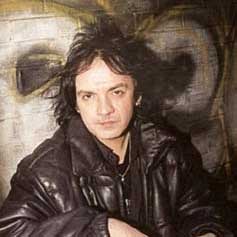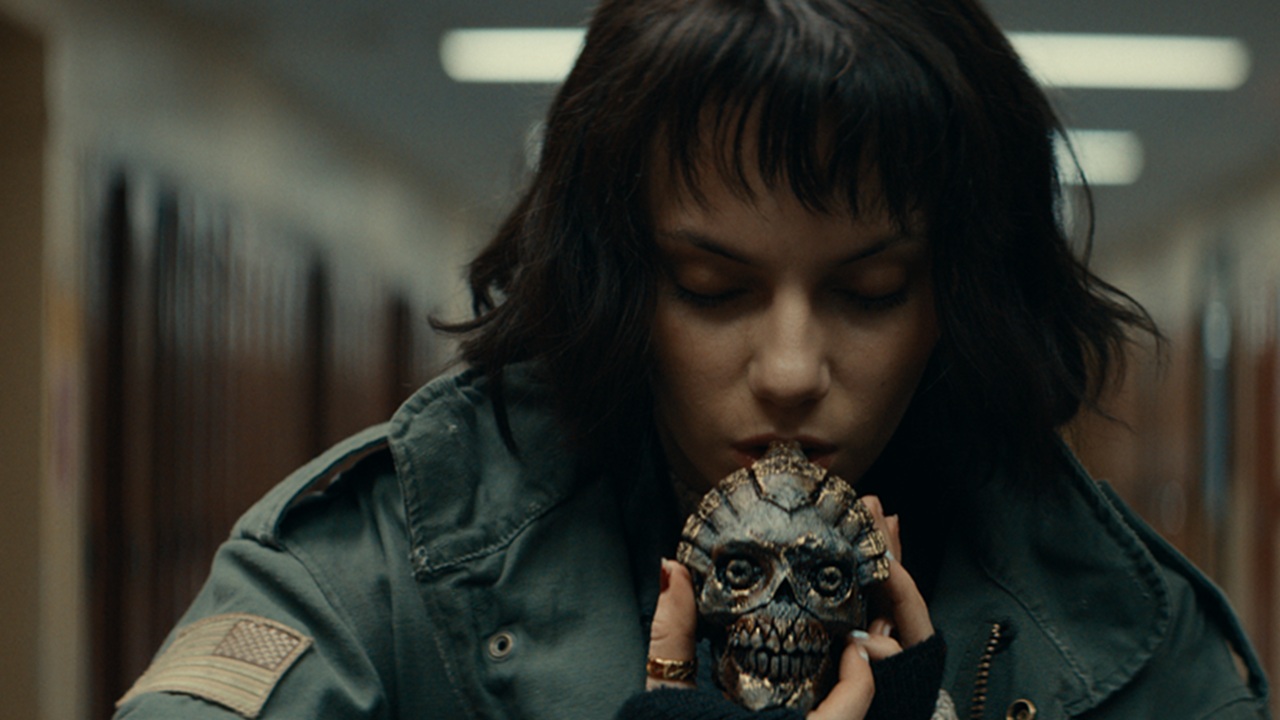You can trust Louder
Marianne made her debut and the top ten 50 years ago this June with As Tears Go By, one of the first Jagger-Richards compositions. It also marked her entry into the Stones’ 60s orbit, which left many damaged, destined for obscurity or even dead. But somehow, Faithfull continues to create music which puts her old band in the shade when it comes to prolificness and relevance to modern times.
Of all the old Stones associates and often against all odds, Marianne Faithfull has by far had the most rewarding, productive and fearless career. While loved and revered by the generations she has seduced and influenced over the decades (while also meriting the rare accolade of being one of the most entertaining, bewitching interviews in music), this century has seen her carving her own unique, highly personal furrow in the ongoing voyage of discovery which now sees her marking her half century by producing one of her best albums since 1979‘s Broken English (her old muckers marked their own 50th with one great SINGLE, Doom And Gloom).
Like the classic Broken English hauled her out of 70s doldrums and 1987’s Strange Weather was driven by beating her heroin addiction and tragic death, her new album also rose out of a period of struggle.
When Faithfull had to spend six months recuperating from a severe back injury, she was determined to write enough songs so originals could outnumber the cover versions on her next album.
Quite a supporting cast here.
Armed with this sheaf of evocative lyrical barbs and opuses, she set obtained their most sympathetic backdrops by hooking up with various collaborators who prove so in tune with her visions the album manages to be both her most ragingly grandiose but deeply personal statement yet. The band which makes this happen includes Bad Seeds violinist Warren Ellis and drummer Jim Sclavunos, Portishead guitarist Adrian Utley, keyboardist Ed Harcourt plus producers Rob Ellis and Dimitri Tikovoi on drums and bass, who produce headily atmospheric backdrops for that richly inimitable voice marinated in everything life’s thrown and been triumphed over.
Nick Cave, who first collaborated with Faithfull on 2005’s Before The Poison, co-wrote Late Victorian Holocaust with her, a gripping fantasy dealing with the heroin addiction they are traversing together but successfully dealt with separately. For anyone to emerge triumphant from this often fatal or permanently disabling experience is always great to see; to have two titans celebrating together is pretty damn special. Elsewhere, Faithfull teams up with Roger Waters for Sparrows Will Sing, a somberly poignant reflection on the sad state of the planet a child has to begin life on. Love More Or Less, composed with Tom McCrae, is another wracked slowie, while Falling Back sees her in cahoots with Anna Calvi. The title track’s ode to the city which Marianne all but reigned over for a while in the mid-60s was co-written with Steve Earle, whose country vamp perfectly frames her cleverly-phrased observations on those old neighbourhoods she ended up trading for Paris. The incandescent panorama of the anti-war Mother Wolf, written with Patrick Leonard, piles into full-pelt Bad Seeds-style apocalypse as Faithfull lets fly with uncommon fury.
Sign up below to get the latest from Classic Rock, plus exclusive special offers, direct to your inbox!
Did she manage to squeeze in any cover versions amidst all this self-composed greatness?
Yep, three; a wry, semi-spoken version of Leonard Cohen’s Going Home (and that has to be the Bad Seeds on the chorus) chorale, Hoagy Carmichael’s gorgeous I Get Along Without You Very Well and a straight blast through the Everly Brothers’ The Price Of Love, delivered with snarling relish.
She’s going on tour to celebrate her 50th…
Marianne just made her masterpiece at the age of 67 so will want to draw from each one of the six decades she’s been recording in. The best thing is that she is able to and, unlike some bands, the fans will lap it up if she does.
Kris Needs is a British journalist and author, known for writings on music from the 1970s onwards. Previously secretary of the Mott The Hoople fan club, he became editor of ZigZag in 1977 and has written biographies of stars including Primal Scream, Joe Strummer and Keith Richards. He's also written for MOJO, Record Collector, Classic Rock, Prog, Electronic Sound, Vive Le Rock and Shindig!


